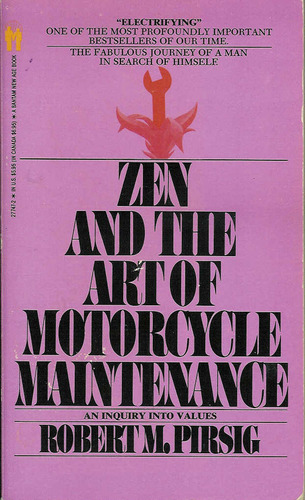Prepare Your “Getting Started” Plan Before A Prospect Asks For It
Always prepare a slide detailing a getting started plan or next steps for when a prospect says “This sounds great, how do we get started?”
Prepare Your “Getting Started” Plan Before A Prospect Asks For It Read More »






